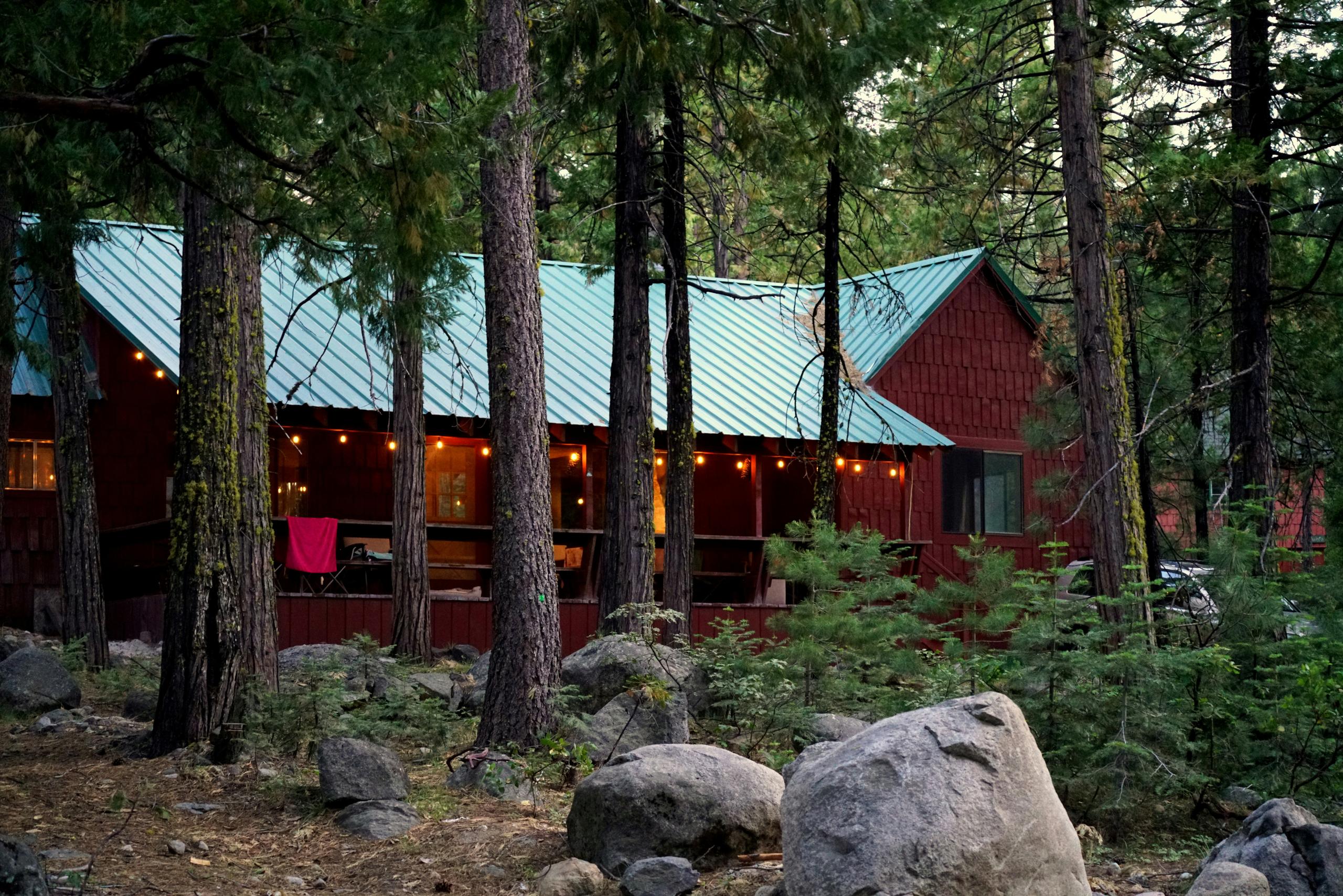Timeshares are vacation properties that a person owns for only a limited period of the year. For families that take an annual vacation at the same time each year, a timeshare can be an appealing option, offering them resort property without having to bear the costs of full ownership. Though the ownership structure is different from a traditional real property interest, a timeshare is an asset, like any other – and if you own one, you should consider implementing an estate plan that considers and protects it.
Generally, timeshares fall into two categories: leased timeshares (i.e., a “personal property timeshare”) and deeded timeshares (or, a “real property timeshare”). A person with a deeded timeshare owns a specific piece of vacation property, like a unit or a condominium, for a specific amount of time. On the other hand, a leased timeshare is owned by a larger entity, or a company, with an interest in multiple properties; this company will rent out these properties to purchasers of the timeshare as needed. As a result, if you have an interest in a leased timeshare, you will typically stay in a different unit or a different condominium each time you travel.
Regardless of whether your timeshare is deeded or leased, your timeshare becomes part of your estate after you pass away. While you can execute a Will – which names beneficiaries, who should inherit your timeshare interest – those beneficiaries will need to probate that Will through the court system after your death. Probate can often be a time-consuming process, with numerous hurdles to clear before the timeshare can pass through the estate.
Another wrench to consider is that each state and territory has different property laws. This means that a deeded timeshare will require ancillary probate: a secondary probate proceeding, in a separate state or jurisdiction, that begins after probate is complete in the state where the deceased owner lived. Ancillary probate usually entails working with foreign counsel, higher costs for the estate, and additional time navigating the court system.
If you own a deeded timeshare, you can set up a Revocable Trust and execute a new deed that transfers the property to your Trust. This makes the Trust the legal owner of the timeshare – and if your Trust owns an asset, that asset avoids probate entirely. Instead, the terms of the Trust itself will contain instructions, dictating how the timeshare will be transferred after your passing.
Of course, a leased timeshare can also be included in a Revocable Trust. This is typically handled through a document called an Assignment, which transfers the timeshare interest to the Trust. However, since the real property is owned by a separate entity, that company may have its own policy and process for transferring ownership to a Trust. If you want to transfer your leased timeshare to your Trust, it’s important to contact the timeshare company first to determine which documents they’ll need to move forward, in conjunction with your estate planning documents.
Though including your timeshare in your Revocable Trust is a surefire way to avoid probate, it also ensures that the timeshare agreement continues after your death – including any obligations you may have under it. That means the Trust inherits the maintenance fees, special assessments, and other costs associated with the timeshare interest, so beneficiaries must be aware of these expenses if they wish to use the property.
Whether you’re looking to purchase a timeshare or you already own one, consulting with an estate attorney is crucial to ensure that you and your family can maximize its benefits. Placing your timeshare in a Revocable Trust will ensure that your property can pass free of probate – giving you and your loved ones peace of mind.
By Britt Burner, Esq. and Frank Oswald, Esq.
Britt Burner, Esq. is a Managing Partner, and Frank Oswald, Esq. is an Associate Attorney at Burner Prudenti Law, P.C. Burner Prudenti Law serves clients from New York City to the east end of Long Island with offices located in East Setauket, Westhampton Beach, Manhattan, and East Hampton.








